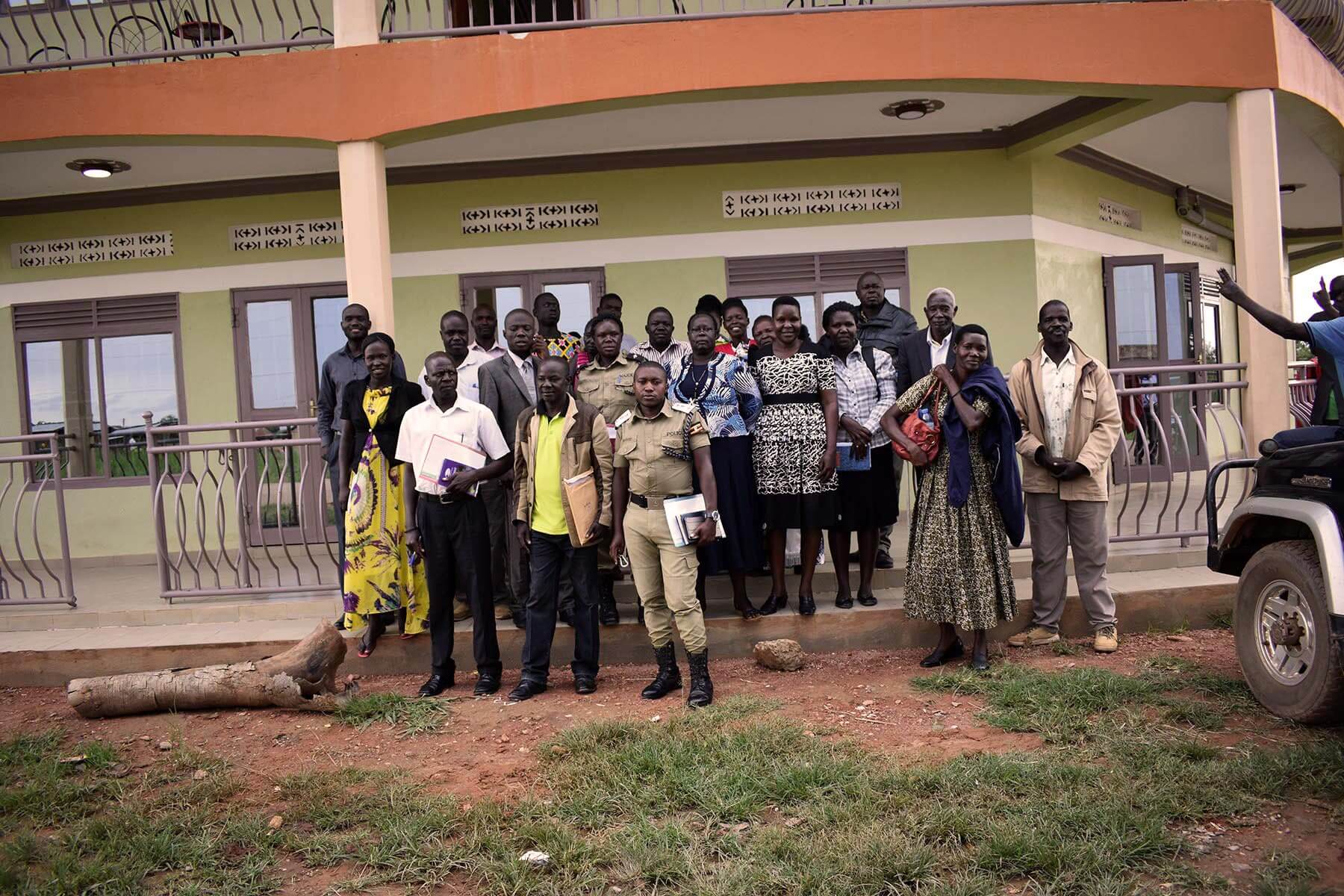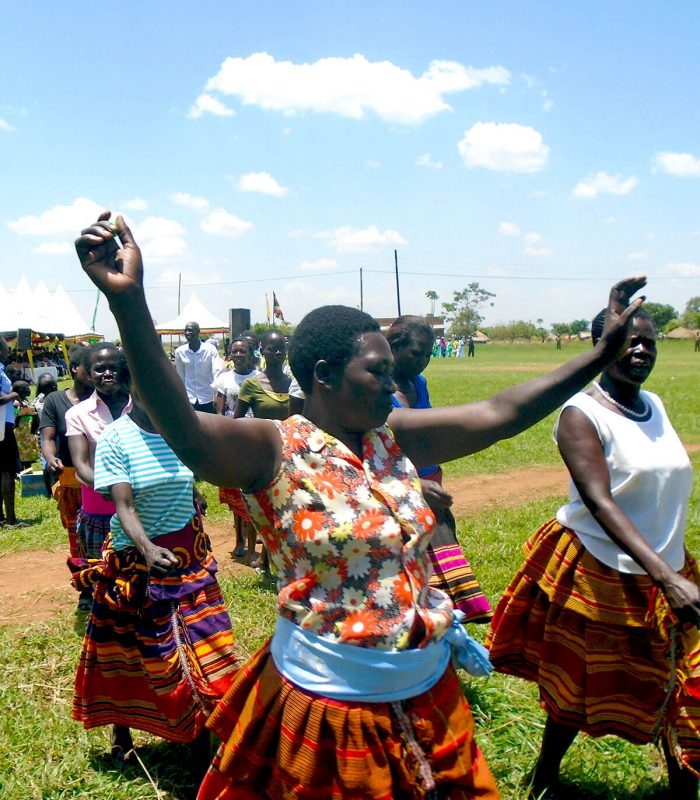
Gender Equality & Women's Rights
Violations of women's rights are rampant in Northern Uganda. Sexual and Gender Based Violence (SGBV ) is a significant human rights issue throughout the region. Our Gender Equality & Women's Rights Program aims to tackle SGBV and promote gender equality by strengthening women's groups and creating networks, offering a platform to address men's attitudes towards women.
Work with our women's groups has already led to several key outcomes in a short period of time. Our women have successfully advocated for improved health services in their local health centres, particular for survivors of SGBV. Slowly, but surely, women are assuming more local leadership positions and taking their seats at the table. We form our women's groups as microcosms of sisterhood and solidarity - cultivating a safe space for women to share their ideas and mutually support one another.
Members of GWED-G's women's groups have become mediators in and for their communities by adopting peaceful conflict resolution tactics. Our goal is to transform the women we partner with into change-makers. As they share their business savvy, domestic issues, and ideas on human rights, they learn from each other to reinforce supportive co-existence, group development, and above all, a more peaceful and just society.
Peace Building & Transitional Justice
Peace building and transitional justice are core aspects of working in a post-conflict setting. That's why this program area targets building local capacity for a gender responsive, human rights-centred, inclusive and socially accountable transitional justice and peace building environment that actively involves survivors.
GWED-G engages local and national stakeholders to establish new and reinforce existing law enforcement structures within the community. We build the capacity of civil society and government institutions to manage land conflicts peacefully. We use community education to foster community members' knowledge on their land rights, policies and laws.
In terms of transitional justice, we work directly with war survivors. We empower war victim groups to demand their rights, support the physical and psychological rehabilitation of war victims, and facilitate psychosocial support centres. We advocate for victim-centred recovery and contribute to Transitional Justice working groups.
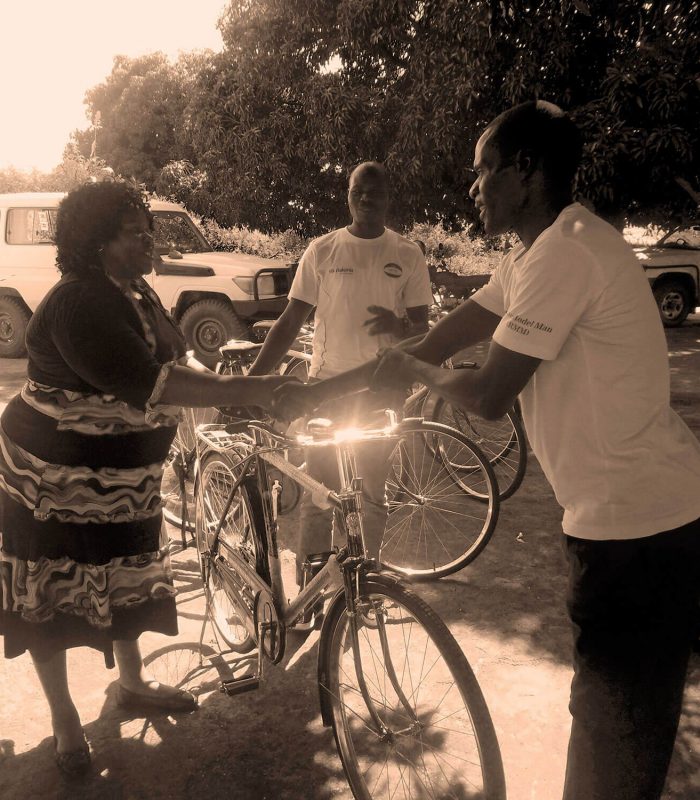
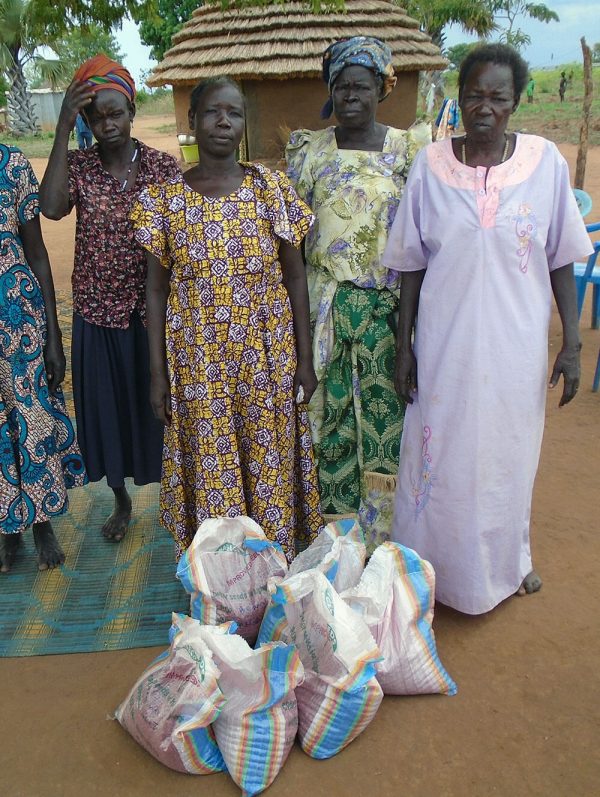
Economic Empowerment
Our Economic Empowerment Program focuses on women, girls and youth to secure their economic and civic rights. We seek for their meaningful participation in and contribution to the economic and democratic processes of Uganda.
GWED-G promotes innovative and gender responsive agricultural activities to attract women and youth involvement. Our program beneficiaries are trained on farming skills, increased productivity and income generation. We link farmers through Village Savings and Loans Associations (VSLA) to create support platforms and access to savings accounts when formal banking is out of their reach. VSLA group networking allows us to extend our reach and deliver information on existing government initiatives to support their economic success.
We promote and organize farmers' co-operatives that give farmers better access to mechanized farming tools to improve productivity. Finally, we provide local and international market linkages for trading for our various groups.
Health & Nutrition
Our Health & Nutrition Program centres on adolescents' and women's reproductive health rights, maternal and child health, and HIV/AIDS prevention and treatment. Our key objective is to support increased access to affordable, high quality health services, especially for women and girls.
We strengthen community-based structures to help deliver awareness sessions on various health issues, including the importance of breastfeeding and ante- and post-natal care, and information on HIV/AIDS, family planning options, and more.
We recognize that restrictions on women's and girls' bodies means they are limited in their ability to access health care. As such, we work with men who serve as change agents to leverage their influence over other men in their communities to allow females to have more decision making power in terms of family health.
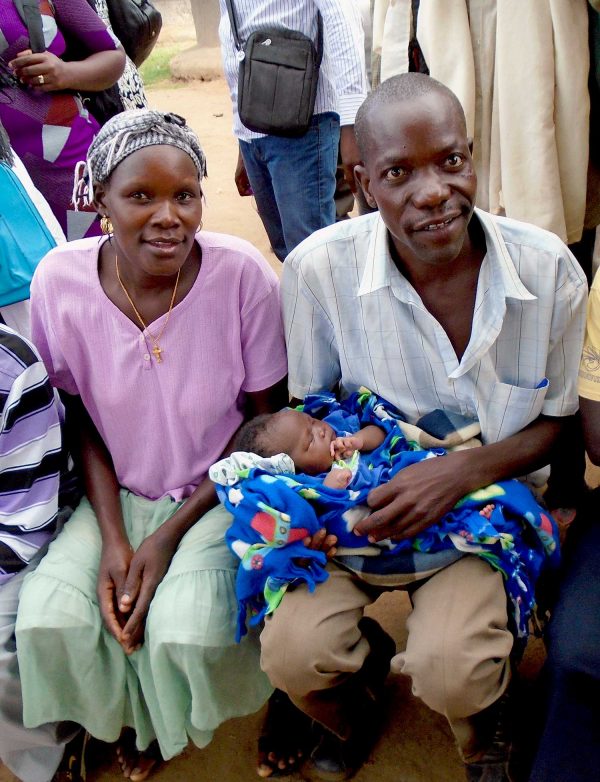
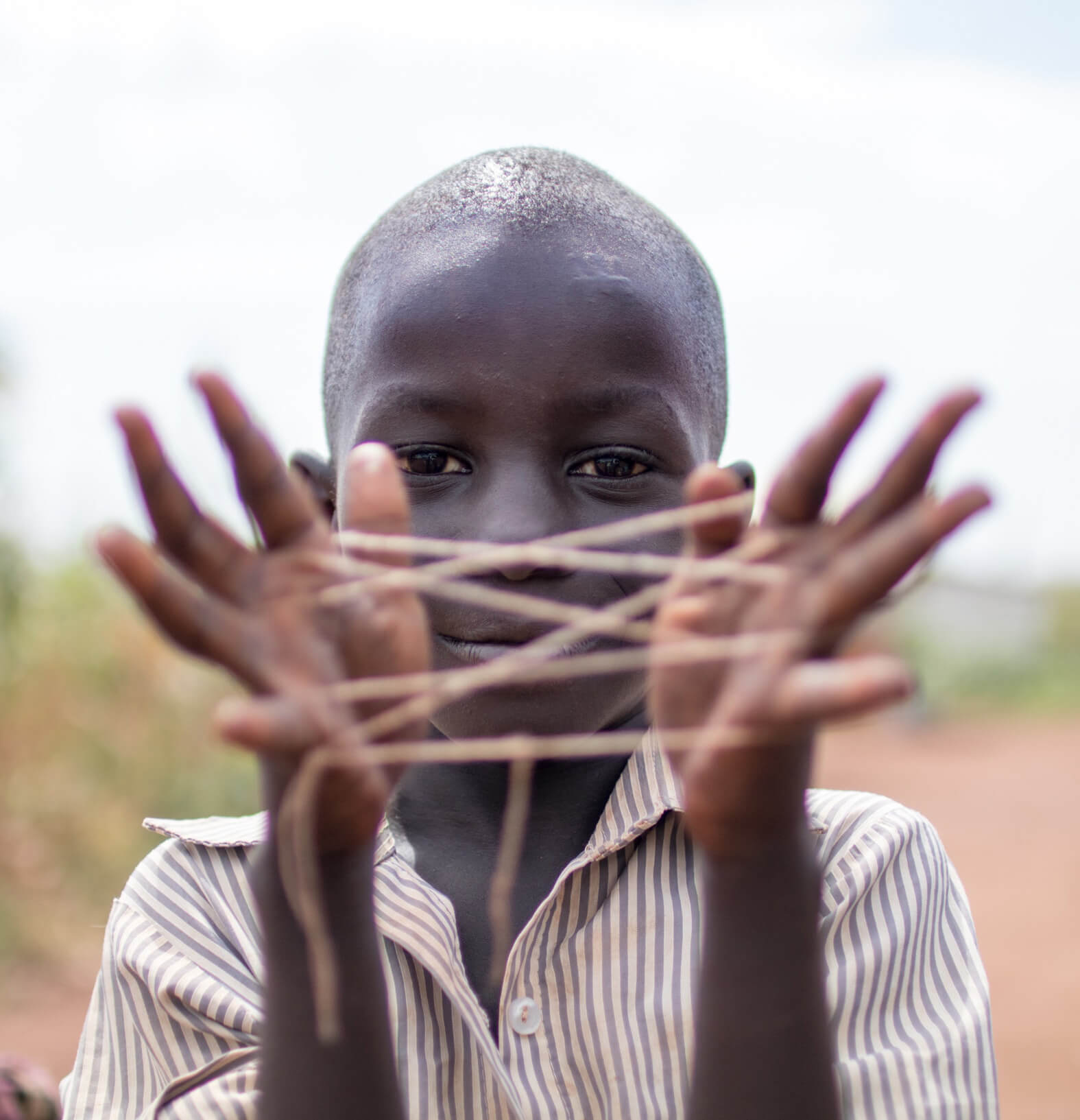
Promoting Girl-Child Education
Women in Northern Uganda continue to have much lower levels of education than their male counterparts. This is in large part due social norms that exclude girls' from attending school. Further, girls who do attend school have higher dropout rates along different educational levels due to plummeting self-esteems surrounding sexual development and teenage pregnancy.
We know it is essential for girls to have ample opportunity to attend school in order for sustainable development. That's why GWED-G advocates for girls' education, especially for increased budget allocation to make education more accessible. We identify disadvantaged or at-risk youth and facilitate tertiary education or skills-training.
We support income generation for families and educate them on the importance of sending their daughters to school. We help retain girls already in school by building local capacity, like youth-friendly spaces and family groups, and support educational infrastructure development in Northern Uganda.
Disability inclusion
Northern Uganda has the highest prevalence of disability in the country and the People With Disabilities (PWD's) face challenges such as stigmatization, exclusion and bad living and health conditions as a result of little consideration of their situation.
The types of disability include in-ability to see, hear, walk and remember & the more vulnerable PWDs categories are women and children.
We know that it is necessary to put everyone on an equal footing reason why our programs are mainstreaming disability in the design, implementation, monitoring and evaluation levels. PWD's are involved at all stage of the decision-processes to make sure specific initiatives & targets are developed according to their needs.
We are committed to understand the barriers that persons with disabilities faces and gradually adapt the accessibility of facilities and information through physical, sensory, psychosocial & intellectual approaches.
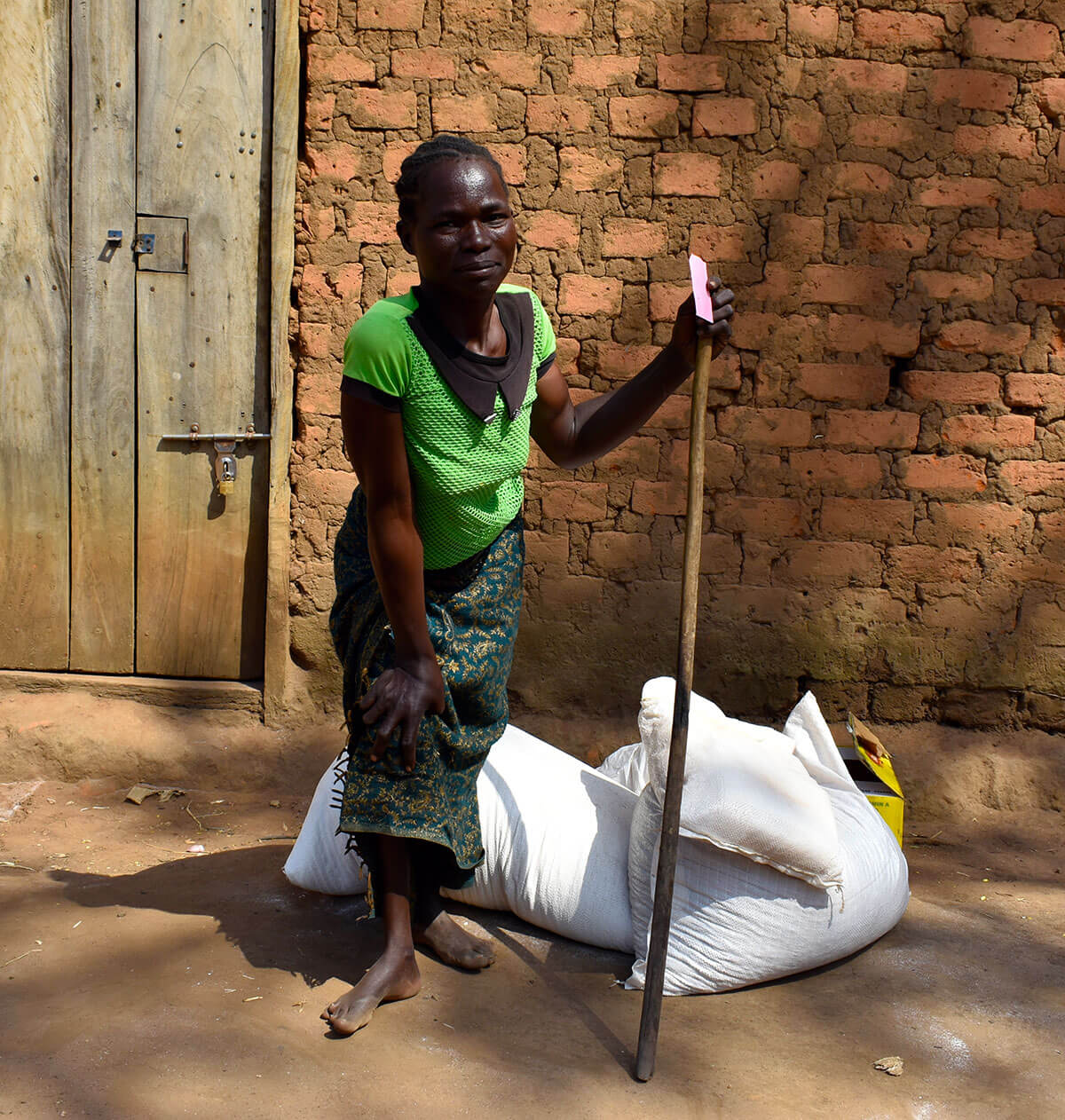
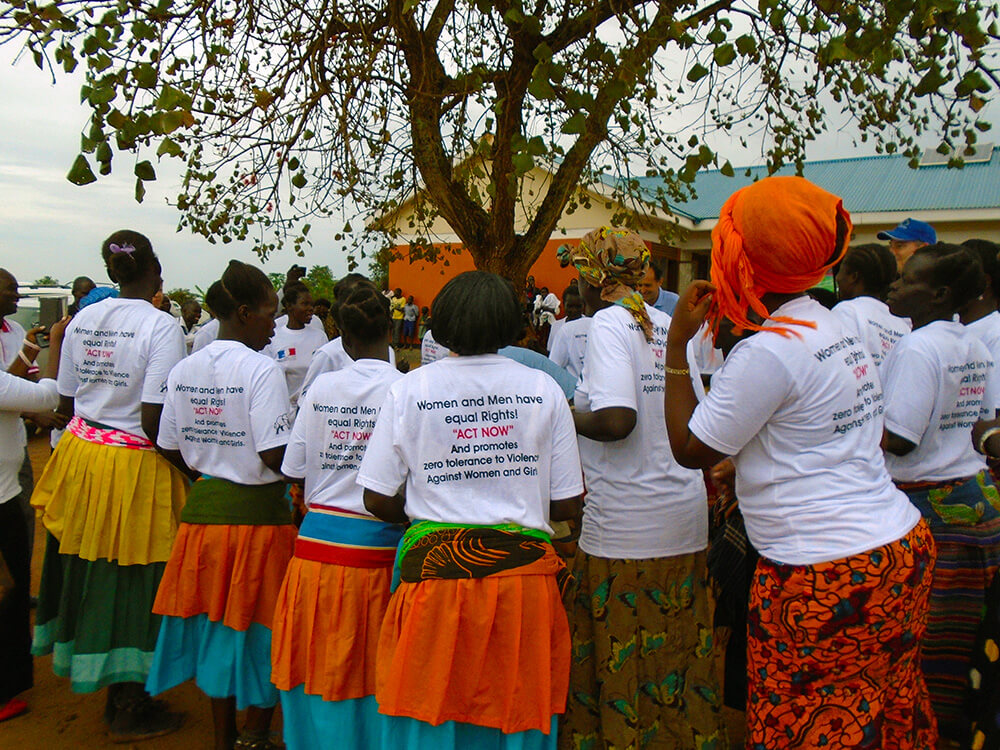
Advocacy & Social Research
Our advocacy work intersects all other programming work. We have developed specialized strategies on land rights, SGBV, human rights, and more. We actively engage with media on emerging issues within our communities and we use the tools of media to amplify our sensitization messages.
We also provide training to women leaders to support skills-building and boost confidence. It is our hopes that these efforts encourage women to active participate in democratic processes and assume elected office to concretely shape policy concerns in favour of supporting all women and marginalized peoples. It is our view that government at local, district and national levels would benefit from having increased female representation, as women are key advocates for real community issues.
Additionally, we have partnered with 3 international institutions for research. We enjoy sustained partnerships with the ministries of Health, Education, and Gender, Labour and Social Development. We have supported 15 national and international events to disseminate findings and share insights on community issues.
Institutional Development
We provide our staff capacity building opportunities on a range of topics from project management and peace building, to auditing and gender mainstreaming. We encourage staff participation in learning forums at national and international levels.
We have had the privilege to host over 50 international and local students, through internships and volunteer placements.
